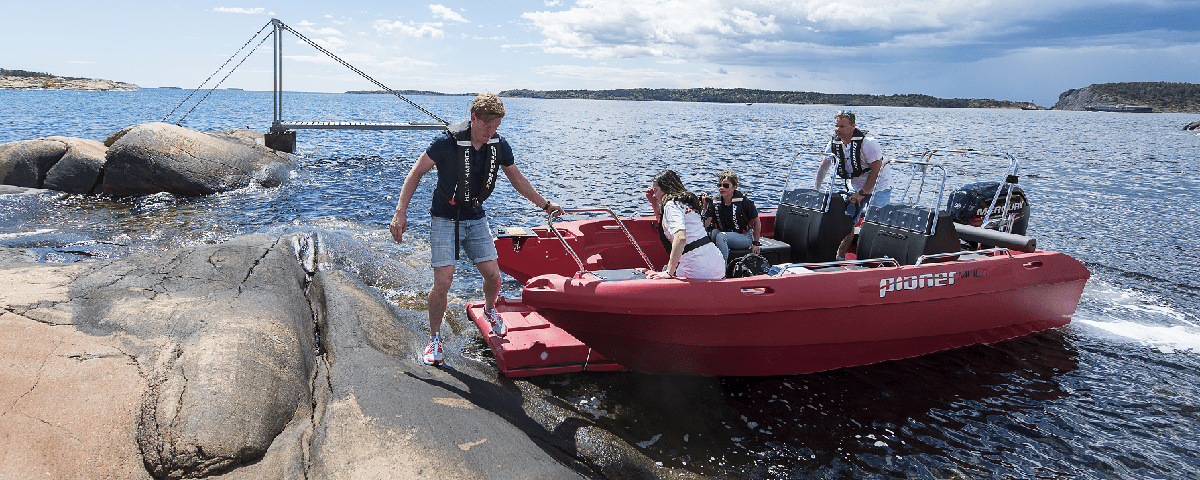Seasickness and how to avoid it

A boat trip can go from being a dream outing to a nightmare journey if you become seasick. Some people never suffer it, while other people only have to think of being in a boat to go green around the gills. No matter whether or not you’ve ever been seasick, anyone with a normal sense of balance can be affected. But you can prevent it, relieve it and banish it.
Seasickness is blamed on a conflict in the brain when it interprets information from our balance organs, eyes and body and compares this information with memories in our sense of balance as a frame of reference. When we are onboard a boat in rough seas, the body views this as being on solid ground, while our sense of balance and eyes see that everything is moving in different directions.
The most common symptoms of seasickness are sudden tiredness, yawning, nausea and vomiting. You can prevent feeling seasick by eating well the day before and eating little but often, on the boat. Drink plenty of water, but avoid caffeine and alcohol. Try to avoid becoming anxious, that will make the symptoms worse. It’s also a good idea to look towards the horizon to gain a fixed reference point. Avoid strong smells, they can make your nausea worse.
If you only get a bit seasick, the above advice will probably help you avoid it, but if you suffer from more severe seasickness, there are both over the counter and prescription medical products that can help. These come in the form of pills, chewing gum and plasters. Some people find acupressure arm bands work.
If you do become seasick, you can try moving to the part of the boat that is moving around the least. Close your eyes and give your brain a break from all the impressions and try to divert your thoughts, for example, with music. Get some rest if you can, and best of all try to have a sleep.





